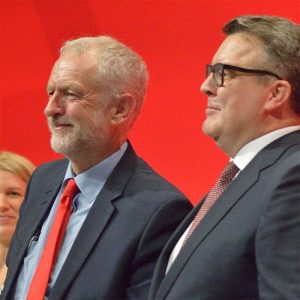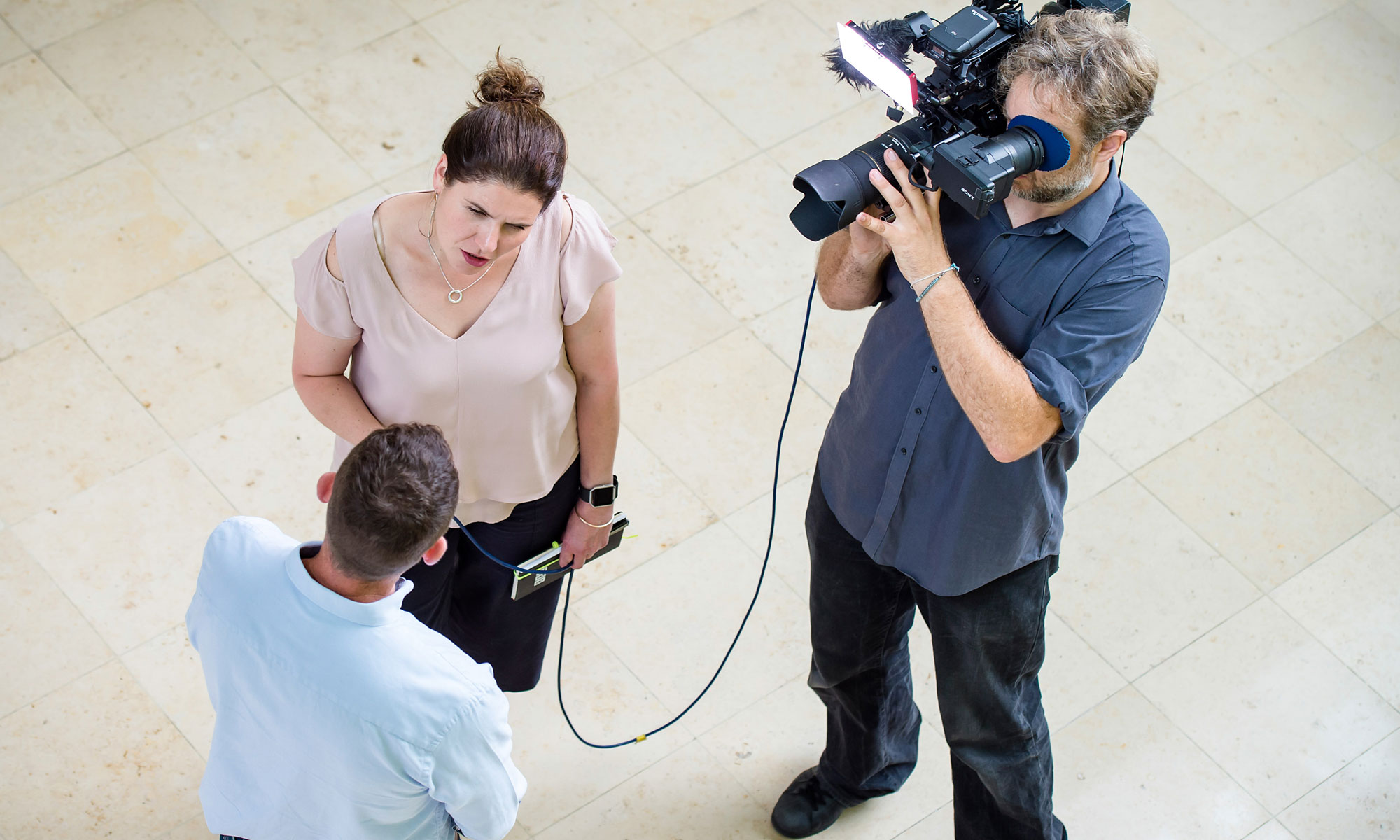 Yesterday morning on BBC Radio 4’s “Today” programme, Nick Robinson made a not insignificant point of letting listeners know that Jeremy Corbyn was “unavailable” for an interview. Robinson, reporting from the Labour Party Conference said Corbyn had been offered the pick of any time slot he wanted. But there was no Mr Corbyn and his deputy Tom Watson stepped up instead.
Yesterday morning on BBC Radio 4’s “Today” programme, Nick Robinson made a not insignificant point of letting listeners know that Jeremy Corbyn was “unavailable” for an interview. Robinson, reporting from the Labour Party Conference said Corbyn had been offered the pick of any time slot he wanted. But there was no Mr Corbyn and his deputy Tom Watson stepped up instead.
It’s unusual for a political leader not to give an interview to the Today programme during party conference season. But who says anyone has to give an interview?
In a crisis I always encourage clients to speak out and take control of the story. And recently one client did exactly that, with an interview on a well-known national evening news bulletin. Despite being wholly accommodating and going on camera for 15 minutes, the programme ran a 7 second sound bite. I have directed enough BBC Watchdog interviews, in my former broadcast career, about dodgy washing machines and unhappy holidaymakers to know you always have to edit the material. But having convinced my client to take part, I struggled to justify how the interview had been worthwhile. The item showed virtually no journalistic balance and was based instead on social media speculation dressed up as fact. And my client’s right to reply – 7 seconds.
I’ll keep telling my clients to take part in interviews, because despite instances of poor journalism and unbalanced reporting I believe that in 99% of cases, putting a human being front and centre in a crisis is vital to managing it. And no matter how well known the face, the brand, or the company, those 3 little words “unavailable for interview” will always ring a warning bell for the audience. For now the news cycle has moved on from Corbyn’s no-show to his comments in his conference closing speech and he will no doubt continue to challenge the rules on media interviews and comment.
Tom Watson & Jeremy Corbyn Image by Rwendland under a Creative Commons Licence






